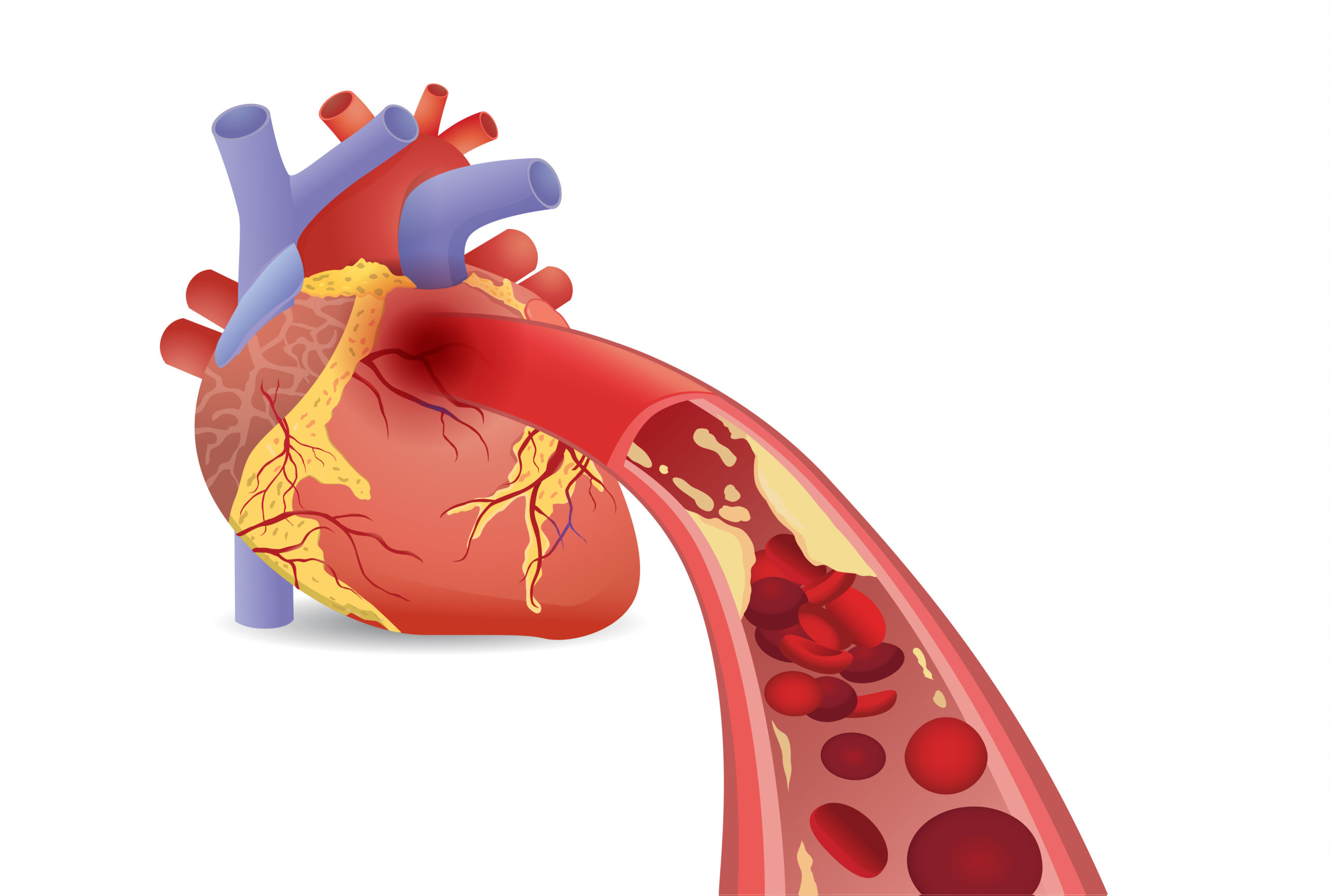
In a study in Research and Practice in Thrombosis and Haemostasis, researchers examined changes in clinical and platelet parameters, anti-platelet factor 4 (PF4) antibody levels, and serum reactivity in patients with vaccine-induced immune thrombocytopenia and thrombosis (VITT). Lead author Samantha J. Montague reported that, in seven patients discharged with VITT, the “explanations for reduced platelet activation during follow-up, despite similar total anti-PF4 antibody levels, remains unclear.”
The seven patients were followed from their VITT diagnosis until up to 280 days (range: 199–280) after their vaccination. The authors stated that they “measured anti-PF4 antibodies and PF4 levels in patient serum during follow-up and tested the ability of patient serum to activate healthy donor platelets and patient platelets over time.” All patients were on direct oral anticoagulants through follow-up and had no recurrent thrombotic events.
Reportedly, anti-PF4 immunoglobulin G antibody levels were very high at diagnosis and remained relatively high at seven months post-vaccination in all patients, except for one patient who was treated with rituximab. Additionally, patients’ platelets had normal FcγRIIA levels and responsiveness to platelet agonists during follow-up. The participants’ serum, with PF4 or alone, “strongly activated” control platelets, according to the report. Finally, authors observed that “patient serum PF4 levels were lower than controls at diagnosis but returned within normal range by day 50.”
Ultimately, Montague and the collaborating researchers did not find a satisfactory explanation for reduced platelet activation during follow-up, and they proposed that the “clinical implications of persistent anti-PF4 antibodies in VITT require further study.”

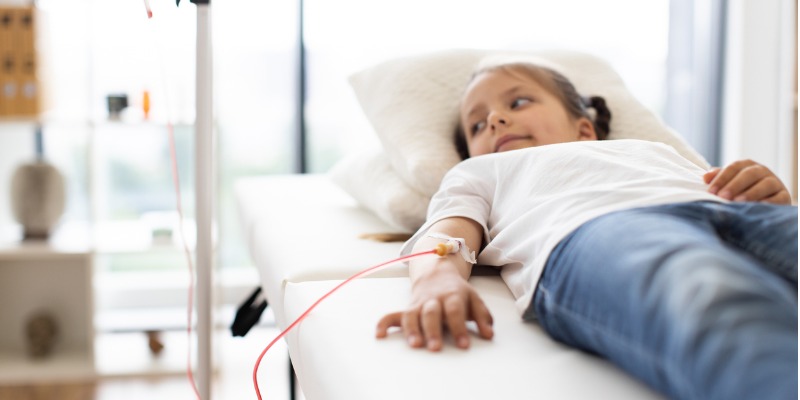
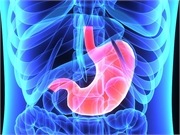
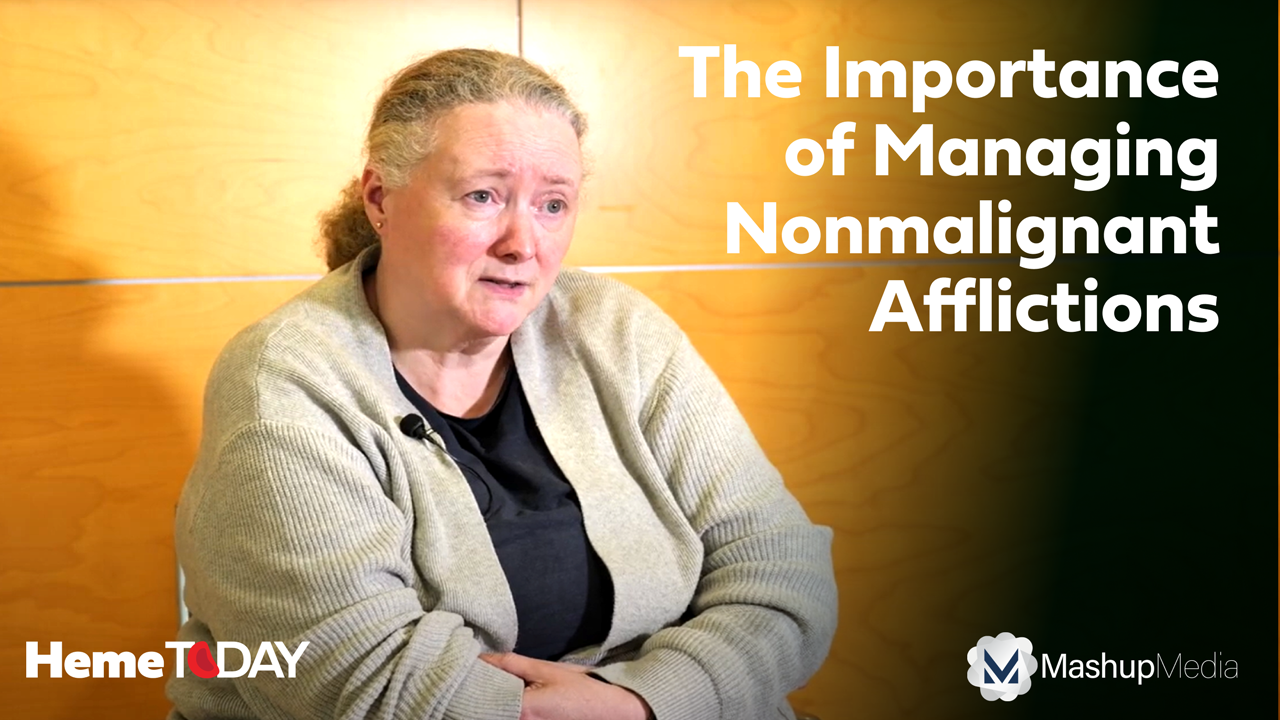
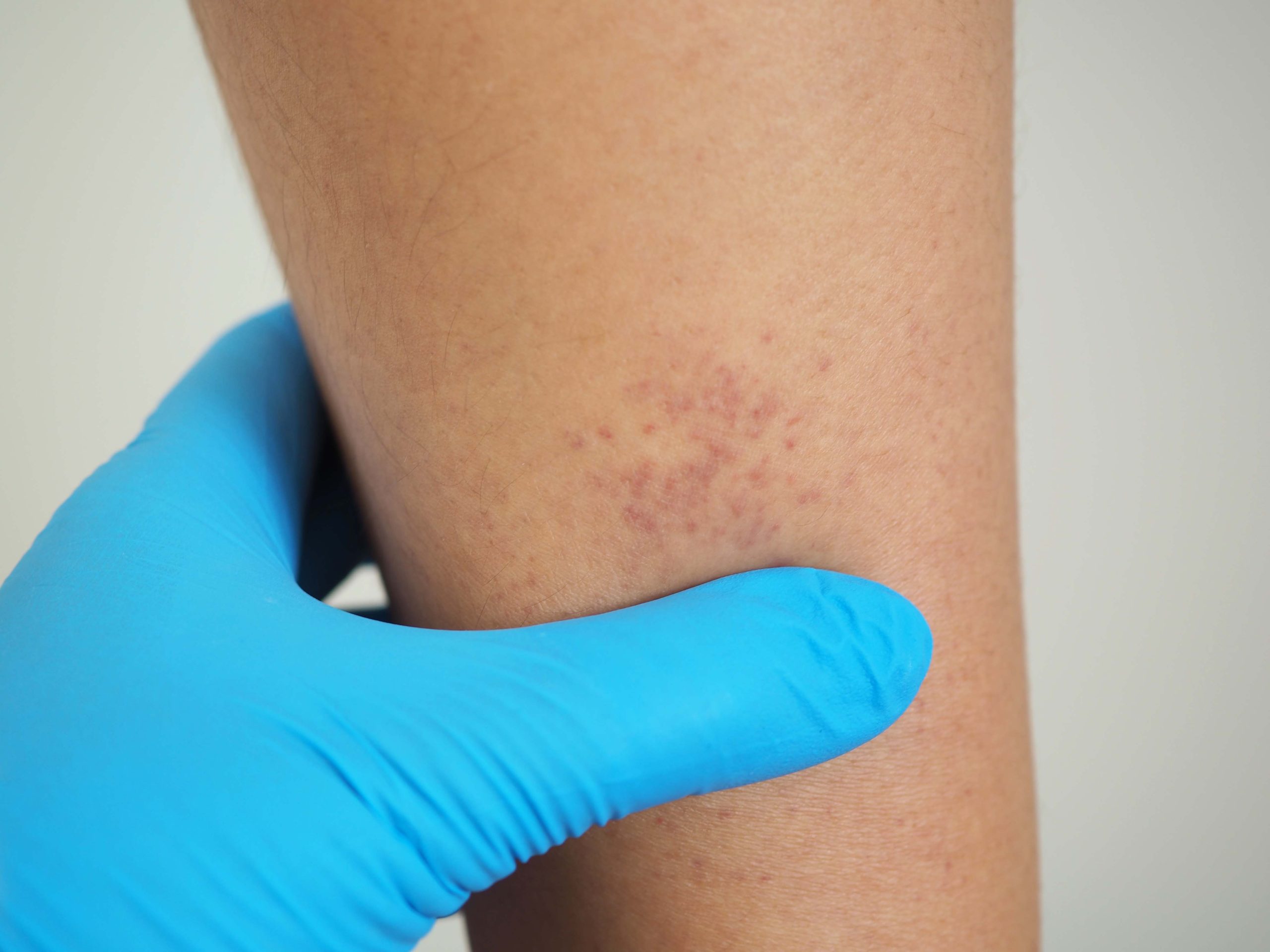
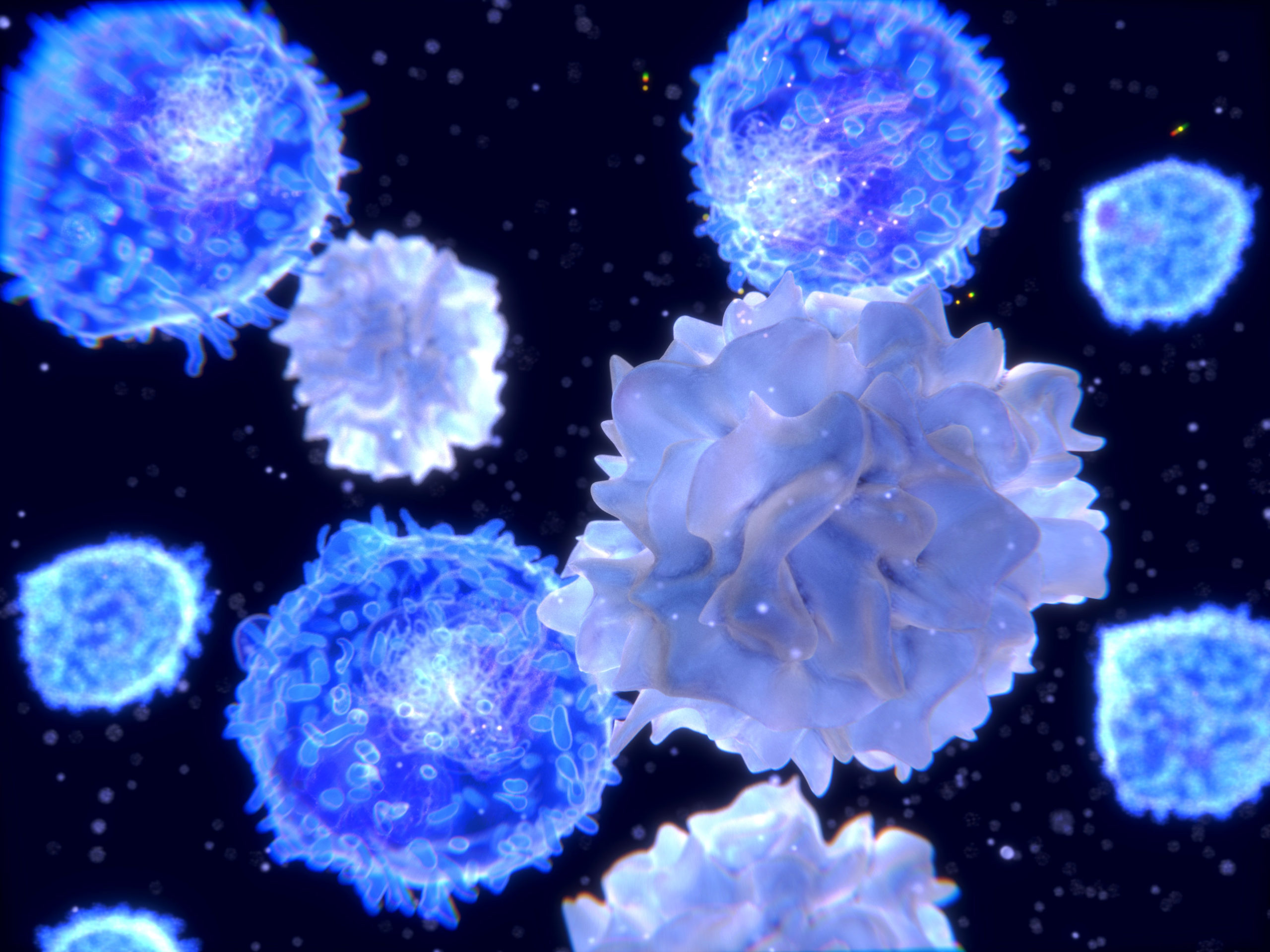

 © 2025 Mashup Media, LLC, a Formedics Property. All Rights Reserved.
© 2025 Mashup Media, LLC, a Formedics Property. All Rights Reserved.